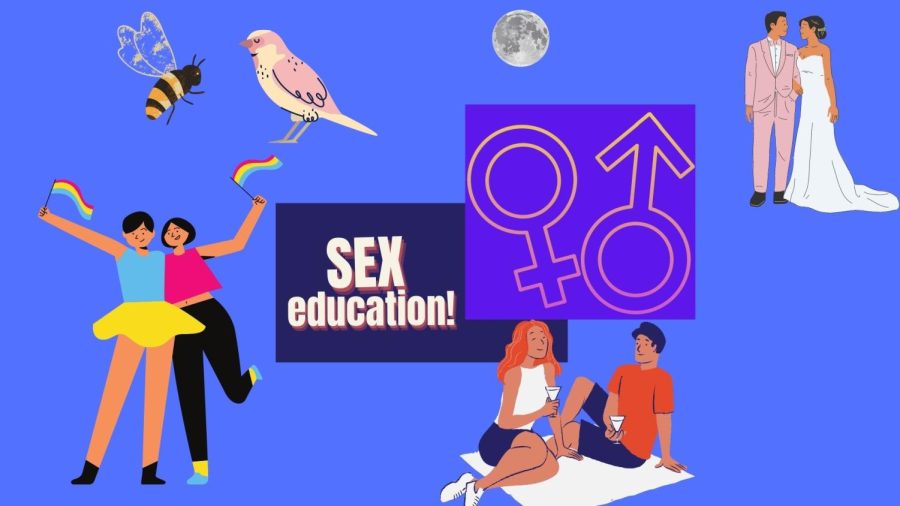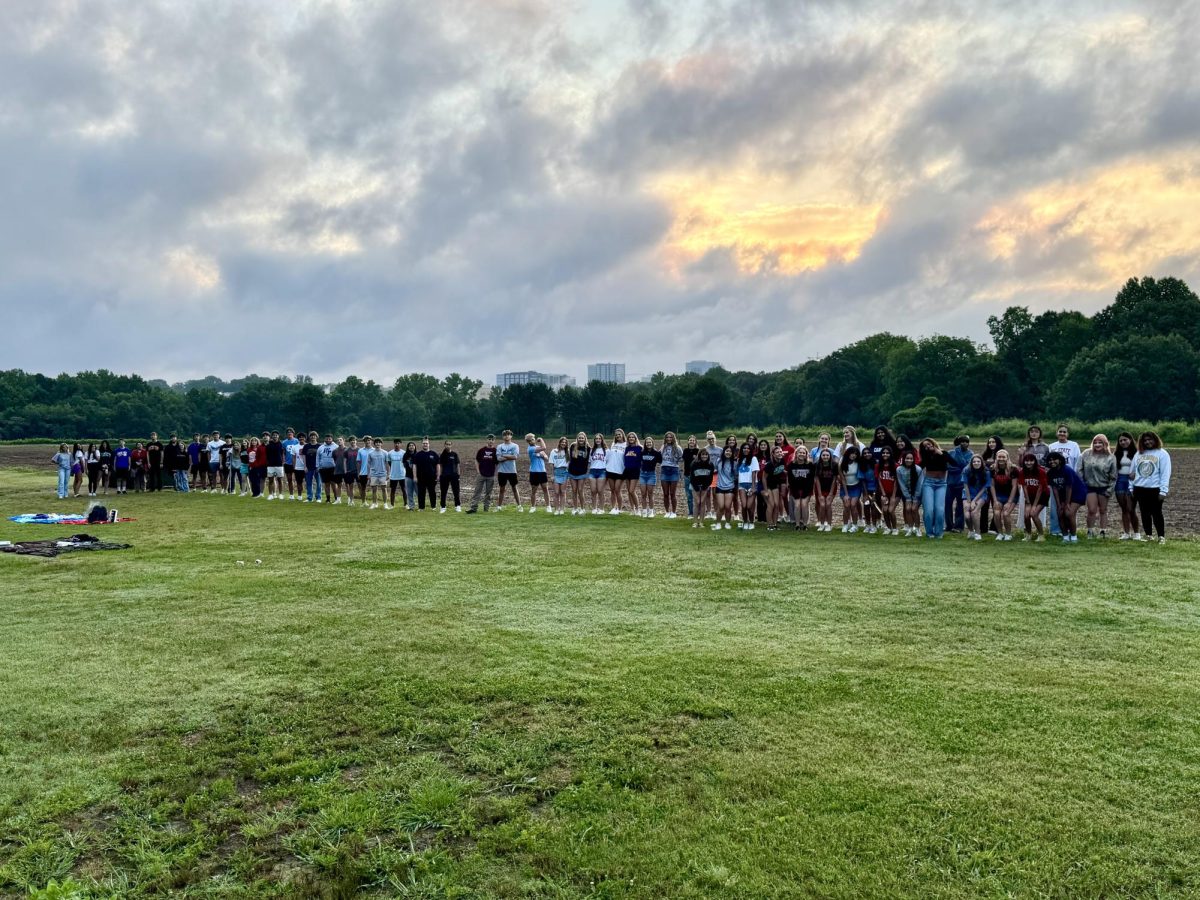Sex education: As students, we are all familiar with the horrors of sex education week in health class. Girls in this classroom, boys in the other. They then proceed to tell us about abstinence, genitalia, and the unrelenting STDs that strike fear into the hearts of teenagers. But what they don’t teach us is how 2 out of 3 children will be sexually assaulted before the age of 18, and how 83% of these children are female. They don’t teach us that the big three STDs can be cured with a shot. They don’t teach us that consent that is not enthusiastic and continuous is not consent. They don’t teach us the things in our sex education that matter the most; consent, assault, safety, and resources.
In today’s society, television plays a pivotal part of our lives. We learn about different things and live vicariously through the characters in the show or movie. Sex is usually a major plot point in many of the shows we watch today. Popular shows such as Friends, The Big Bang Theory, Bridgerton, and Euphoria include sex as a topic quite frequently. When we are exposed to sex as often as we are, it is bewildering that sex is such a taboo topic.
Our current sex education curriculum in North Carolina requires that students are taught that remaining sexually abstinent
is the expected standard. Along with learning about the anatomy of the reproductive organs, it is also required that we are taught that “a mutually faithful monogamous heterosexual relationship in the context of marriage is the best lifelong means of avoiding sexually transmitted diseases, including HIV/AIDS.” In so many ways, from LGBTQ+ peers to those with goals in life outside of marriage, this poses a threat to and leaves no room for bright futures that may not involve a heterosexual relationship.
The idea behind sex education is simple , but the content taught does not account for the realistic demographic of todays teenagers, presenting itself to be a better fit for the traditions and lifestyles of teens from the 1950’s at best. As many as 8-12% of students identify as LGBTQ+, while this is not a large percentage, it is still a rather large number of people. Our current curriculum doesn’t bring up topics such as different sexualities and genders, information that could help change the viewpoint on these specific groups. And while the others in the class think nothing of it, human nature shows that we are afraid of things we do not understand; this has been proven, just take a look at history. Even just adding a small amount of information, a brief overview, could help change the way society views the LGBTQ+ community.
Other things that could be added to the curriculum could be resources. We are taught about all the different STDs and STIs, but we aren’t told about where to go and what to do if we end up contracting one. Planned Parenthood is a great place to go. Despite the reputation it has gained in recent reproductive revolutions, Planned Parenthood is more than just abortions. It is a nonprofit sexual health clinic, meaning you can go there for all sorts of things; contraceptives, STD and STI testing, general health care, LGBTQ+ services, men’s and women’s health, and pregnancy. Planned Parenthood is a great way to get any and all information you want or need about sexual health. You can go there to get birth control, or to get information. Planned Parenthood, especially today, is a controversial topic, but all controversy aside, it is a great resource that is available to anyone. Similarly, it is the responsibility of educators to set aside controversy and provide students with tried and true effective resources that will protect students’ sexual health, no matter how difficult the topic is to encounter.
Our current curriculum fails to prepare us for the craziness of life, and by craziness I mean ‘crazies.’ 1 in 6 women are sexually assaulted and 3% of men have been sexually assaulted. We are not taught about this very important statistic, and more importantly, “what if this happens to me?” Well, as previously mentioned, Planned Parenthood is a great resource to get help, to get tested for STDs, and to receive pregnancy help if needed. But one of the most important things to do, that is not taught, is to say something. If you know the person, report it, if you see something, say something. Many people who are sexually assaulted or raped don’t say anything because they are afraid that they wouldn’t be believed, or that their story is not valid. It can happen to anyone, men and women, especially transgender people and trans people of colour. If you have been sexually assaulted, you are not alone and your story is valid, please call: 1-800-656-4673 .
A post on Reddit was made asking teenagers about what they wish they learned from sex education. Majority of the answers were along the lines of “normalize sex and stop shaming those who engage in it.” Even today, those who have sex at a younger age, before marriage, or even those who have one-night stands are judged and labeled harshly.
We as students are sick and tired of these labels and stereotypes. I, for one, am sick of the current curriculum treating us as if we will all be abstinent until marriage. A fair amount of people, about 95%, have sex before marriage, so why does the current curriculum not reflect current society? Why has the curriculum not been updated and changed to mirror today’s society?







